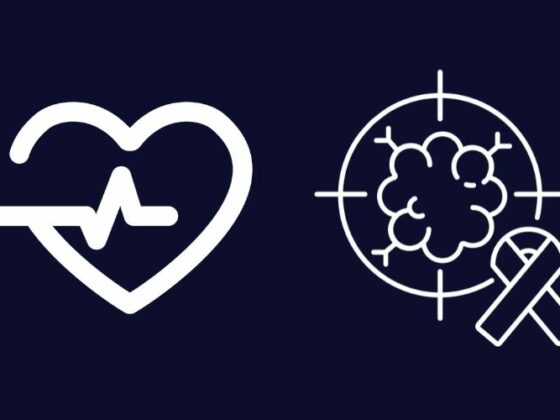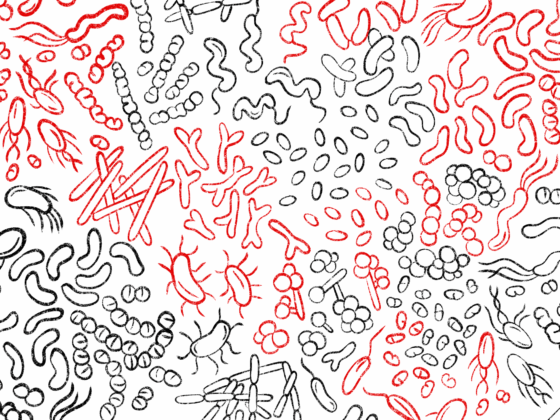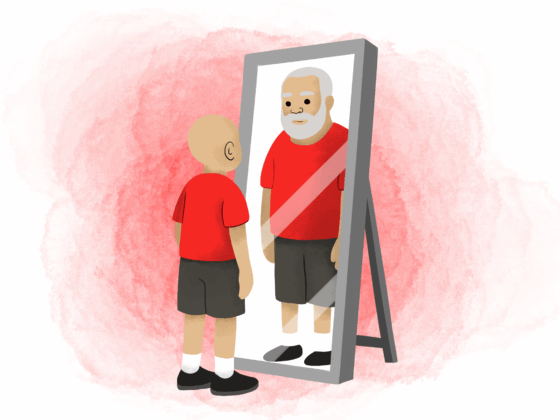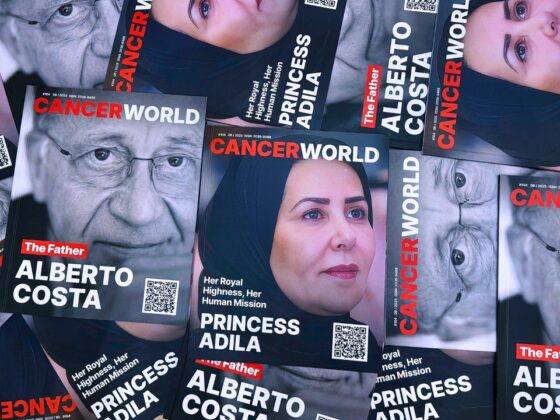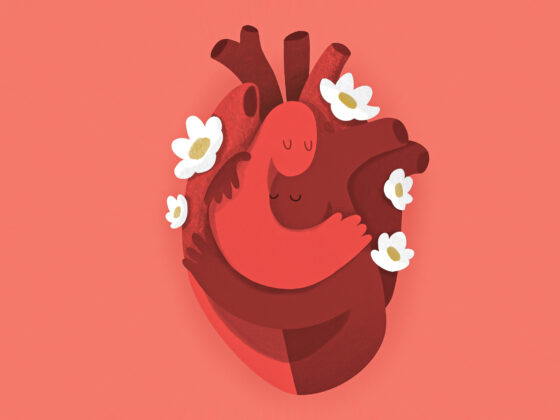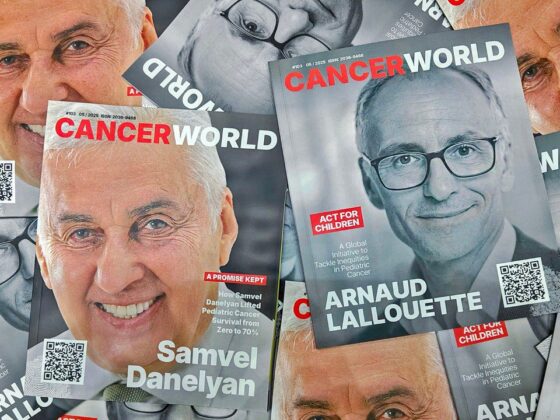Cumulative lifetime exposure to excess weight accounts for a larger share of Colorectal cancer (CRC) risk than previously appreciated. The German study, published in JAMA Oncology, 17 March, demonstrates the importance of characterizing long-term exposure to weight gain and making weight loss a public health priority.
“The observed associations suggest that having overweight or obesity since a young adult age is a persistent risk factor of CRC throughout the adult life span and that consideration of cumulative exposure to excess weight throughout the life span is essential to disclose its full effects,” write the authors, led by Hermann Brenner, from the German Cancer Research Centre, Heidelberg, Germany.
Excess weight is a well-established risk factor for CRC. According to the World Health Organization (WHO), at least 300 million adults world-wide are obese and 1.4 billion overweight. Most epidemiologic studies have assessed CRC associations with excess weight recorded at a single point of time. “However, exposure to excess weight throughout life is likely to be more relevant for CRC risk, especially considering that one of the suggested underlying mechanisms is the continuous release of growth factors and steroids with an environment of chronic inflammation and insulin resistance,” write the authors.
In the current study, Brenner and colleagues aimed to derive a measure of cumulative life-time exposure to excess weight and assess strength of association with CRC risk. Utilizing DACHS, a population-based case-control study of CRC that has been ongoing in the Rhine Neckar region of Southwest Germany since 2003, they selected patients aged ≥30 years with a first diagnosis of CRC. For the control group, individuals were selected from population registries, matched by age, gender and county of residence. Participants were asked to provide information on height and weight at diagnosis or, in the case of controls, at the time of recruitment. For the study, body mass index (BMI) was calculated for each year of age from age 20 to the current age. Then excess BMI for each year was determined as BMI minus 25 (the borderline between normal BMI and overweight) and summed across the ages to obtain weighted number of years lived with overweight/ obesity.
The analysis focused on 5,635 patients with CRC (mean age 68.4 years) and 4,515 controls (mean age 68.5 years).
- Results showed the weighted number of years lived with overweight or obesity (WYOs) increased the odds ratio (OR) for CRC compared with participants who remained in the normal weight range. The WYOs were divided into quartiles, with OR 1.25 (1.09-1.44) for those in the lowest quartile; 1.41 (1.23-1.61) for those in the second quartile; 1.60 (1.40-1.83) for those in the third quartile; and 2.54 (2.24-2.89) for those in the highest quartile.
- Each standard deviation (SD) increment in WYOs was associated with an increase of CRC risk of 55% (adjusted OR, 1.55; 95% CI. 1.46-1.64).
“Our proposed concept of WYOs is comparable to the concept of pack-years in that WYOs can be considered a weighted measure of years lived with the exposure, with weights reflecting the intensity of exposure,” write the authors.
Although the current study focused on CRC, they add, the same is likely to apply for other cancers and chronic diseases, making prevention of overweight and obesity to reduce the burden of cancer a public health priority.
In an accompanying editorial Patrick Bradshaw, from the University of California, Berkeley, writes that cumulative measures, such as pack-years and WYOs, are relevant when exposure is cumulative and unalterable. “But it is not clear to what extent this applies to excess adiposity. It is well understood that even modest intentional weight loss can reverse the deleterious metabolic profile thought to mediate obesity’s influence on chronic disease risk. Thus, an individual experiencing intentional weight loss, even attaining a BMI in the overweight or obese range, could be at much lower risk of disease compared with an individual with the same BMI who was not experiencing weight loss.”




